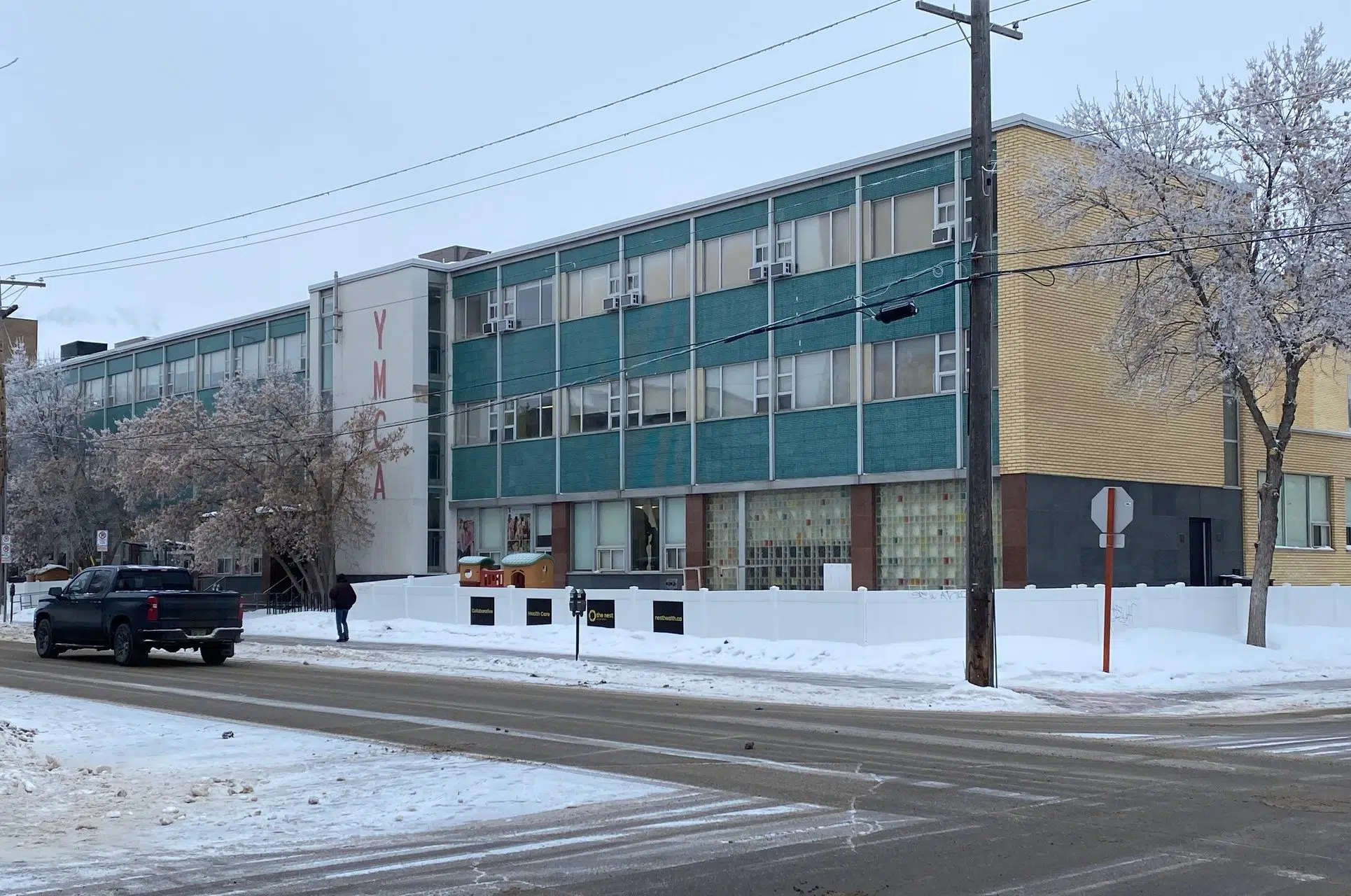As the days start moving into what is often the coldest part of the winter season, the City of Regina is announcing a new temporary winter shelter to open in the transitional neighbourhood, south of downtown.
The shelter will be run by Regina Treaty/Status Indian Services (RT/SIS) and will have 40 beds, will provide wraparound services for residents to help get them off the street, and will open Jan. 30 and run until the end of April.
Mayor Sandra Masters said Wednesday that RT/SIS flagged back in the summer that this was going to be a need and they, along with the province, have been working on it since then. The Nest Health Centre, which is being developed in the old YMCA building on 13th Avenue, has offered its premises for the temporary shelter.
“The added benefit of partnering with private business who can also actually provide some health care, it’s a pretty significant relationship that’s been developed and we’re enormously pleased that we actually have a solution. It has been a bit of a frustrating process,” Masters said.
With the exception of The Nest’s involvement, this is a similar situation to the temporary shelter opened last winter, and like last winter, Masters said it was a bit of a struggle to find landlords interested in their properties housing a shelter.
She said there were about 10 properties that they have investigated or negotiated on.
“It’s a bit of a delicate balance between businesses and residents and the needs of the marginalized and vulnerable populations,” said Masters.
When the shelter opens its doors, the city will pause operation of the overnight warming bus it has been running. Masters said the bus isn’t ideal; it’s an emergency measure.
“It’s effective in terms of getting folks off the streets so that we’re not losing folks to frostbite or worse to the cold,” she said.
But RT/SIS will be able to provide more to people in need in a shelter – privacy, protection, health care, counselling, dignity, cultural ceremony and connection.
The provincial government is putting in $400,000 for operating expenses while the City of Regina’s contribution is estimated to be about $500,000.
“That will include the cost of leasing the building and then some minor upgrades to the building and just a little bit of enhancements — some TVs, some tables, some cots, basically some things that RT/SIS has said would be helpful to ensure that the space that they’re providing has everything that they need,” said city manager Niki Anderson.
The warming bus costs $3,700 a night on average to operate. For the next three months, the shelter will cost the city more, but Anderson appears to believe it will be worth it.
“When you look at that difference of shelter versus warming bus, for that $52,000, we’ve moved from a bus that is basically triaging — making sure people have somewhere warm to go — to a space that offers 24-hour service, has a cot to sleep in, three meals a day (and) wraparound services,” said Anderson.
With the shelter having 40 beds and the bus serving an average of 14 people a night, Anderson believes the new shelter will more than serve the need.
“But, as always, we will keep our eyes on community needs and we’re very explicit in saying we’ve paused (the bus operation). We do not think we’ll need it again,” she said.
This is the second winter in a row the City of Regina has had to work to provide shelter for those in need, and Masters said putting together something more permanent is something all those involved are discussing.
“As soon as we open this one, really in the month of February, we’ll be looking forward to figuring that out on a more permanent emergency shelter. That is something that we’ll be collaborating on with the provincial government and with RT/SIS to determine the future of this,” said Masters.











